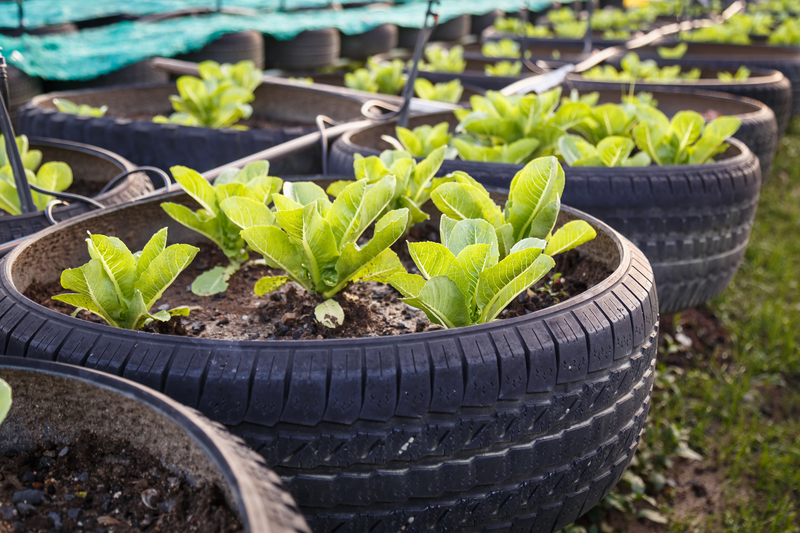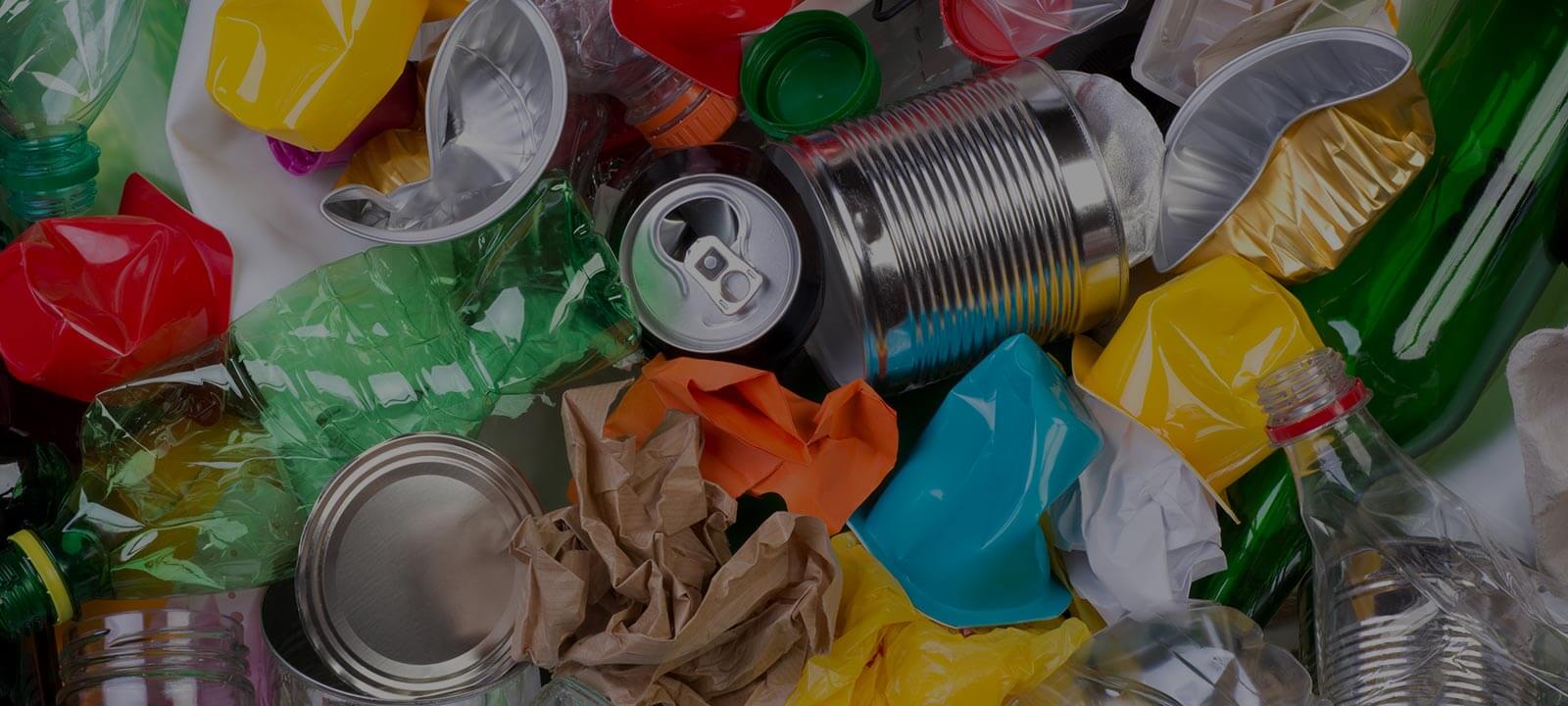Essential Reuse Practices
Posted on 19/01/2025
In the realm of sustainability, reuse practices are indispensable strategies aimed at reducing waste, conserving resources, and promoting a more eco-friendly lifestyle. Reuse isn't just about repurposing old items; it's a mindset that seeks to elevate resource efficiency and sustainability. This article delves into essential reuse practices, offering tips and insights on how to incorporate them into your daily life.
Understanding the Concept of Reuse
Reuse involves utilizing items multiple times before discarding them. By extending the life of products, we can significantly reduce waste and resource consumption. Unlike recycling, which often requires processing materials into new forms, reuse retains the original state of the item, minimizing the environmental impact.

Benefits of Reuse Practices
1. Environmental Conservation: Decreases the demand for raw materials, reducing deforestation, mining, and other ecological disruptions.
2. Energy Savings: Manufacturing new products often requires significant energy. Using products longer reduces the overall energy consumption.
3. Cost Efficiency: Saves money as reusing items often negates the need for purchasing new ones.
4. Waste Reduction: Minimizes the amount of waste that ends up in landfills and incinerators.
Essential Reuse Practices You Can Implement
1. Repurpose Household Items: Use glass jars as storage containers, old t-shirts as cleaning rags, or wine bottles as vases.
2. Buy Second-Hand: Shop at thrift stores or online marketplaces for furniture, clothing, and electronics instead of always buying new.
3. Upcycling: Transform waste materials into new or better products, like turning old pallets into furniture or converting worn-out jeans into stylish bags.
4. Refillable Products: Opt for products that offer refillable options, such as water bottles, soap dispensers, and ink cartridges.
Creating a Culture of Reuse in the Workplace
Businesses can also adopt reuse practices to promote sustainability:
1. Office Supplies: Encourage the use of refillable pens, recycled paper, and double-sided printing.
2. Furniture and Equipment: Reuse office furniture and electronic devices, and consider refurbishing old equipment instead of replacing it.
3. Packaging: Use reusable or biodegradable packaging materials for shipping and deliveries.
Community-Based Reuse Programs
Communities can foster a culture of reuse through initiatives such as:
1. Swap Events: Organize events where community members can exchange items like books, clothes, and toys.
2. Repair Cafes: Facilitate spaces where people can bring broken items to be fixed rather than throwing them away.
3. Tool Libraries: Provide access to tools and equipment for temporary use, reducing the need for individual ownership and promoting sharing.
The Pros and Cons of Reuse Practices
Pros:
- Reduces environmental footprint
- Promotes cost savings
- Encourages creativity and innovation
- Enhances community engagement
Cons:
- May require initial effort and time to implement
- Some items have limited reuse potential
- Cultural resistance or lack of awareness can be a barrier
Tips for Effective Reuse Practices
1. Plan Ahead: Identify items that can be reused and create a plan for incorporating them into your daily routine.
2. Educate Yourself and Others: Learn about various reuse options and share this knowledge with friends, family, and colleagues.
3. Start Small: Begin with simple changes, like using reusable shopping bags, and gradually adopt more complex practices.
4. Be Creative: Look for innovative ways to repurpose items and think outside the box.

Takeaways
- Reuse practices are critical for sustainable living and resource conservation.
- There are numerous ways to incorporate reuse into your personal, professional, and community life.
- While there are challenges, the benefits far outweigh the drawbacks.
Conclusion
Embracing essential reuse practices is a pivotal step towards a sustainable future. By making thoughtful choices about how we use and repurpose items, we can significantly reduce our environmental impact, save money, and cultivate a culture of sustainability. Whether at home, work, or in the community, every small effort counts. Start today, and transition to a more reuse-oriented lifestyle for the benefit of our planet and future generations.
Latest Posts
Alternatives to Common Plastic Items
Recycling Strategies for Non-Compostable Garden Materials






